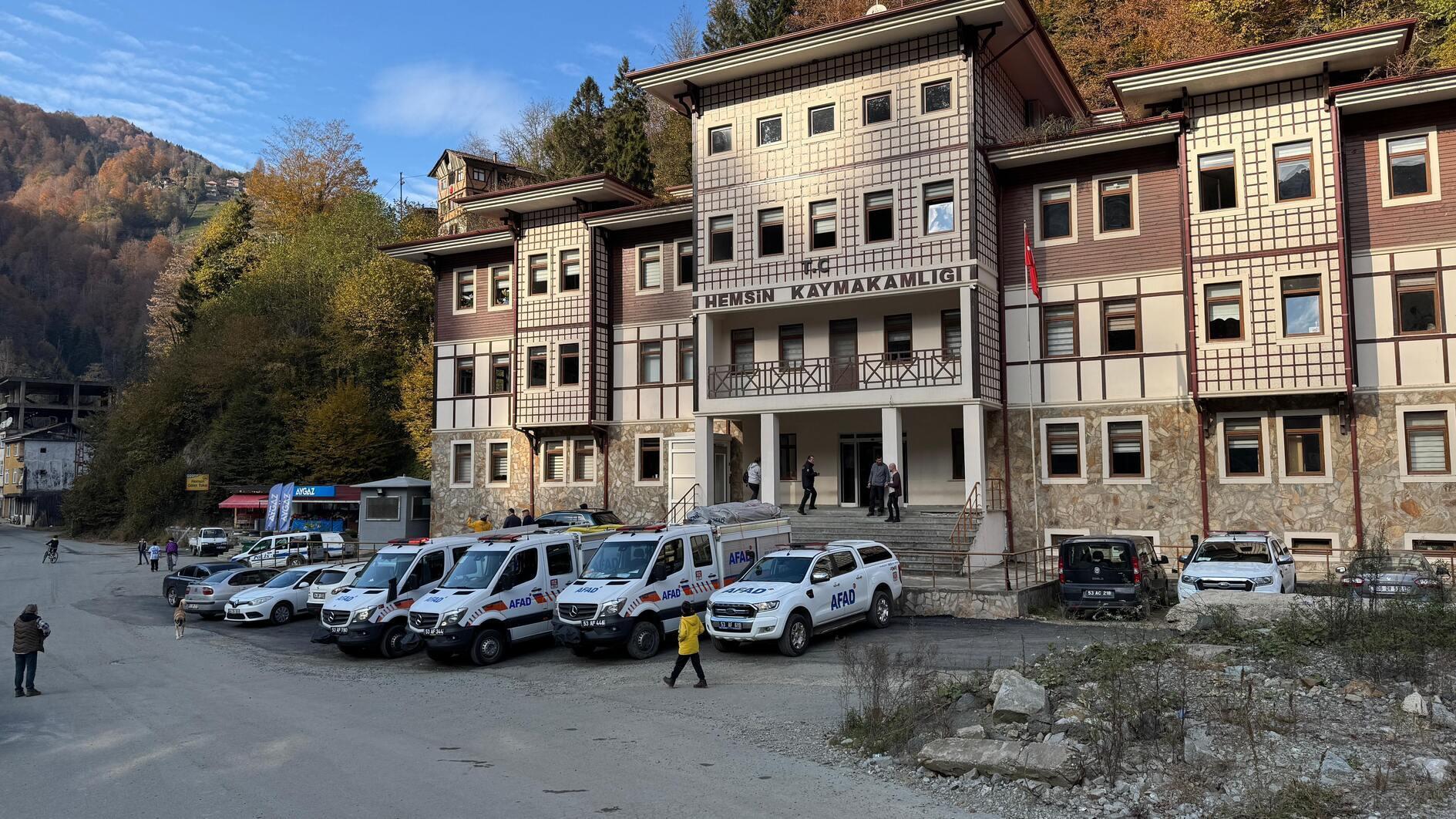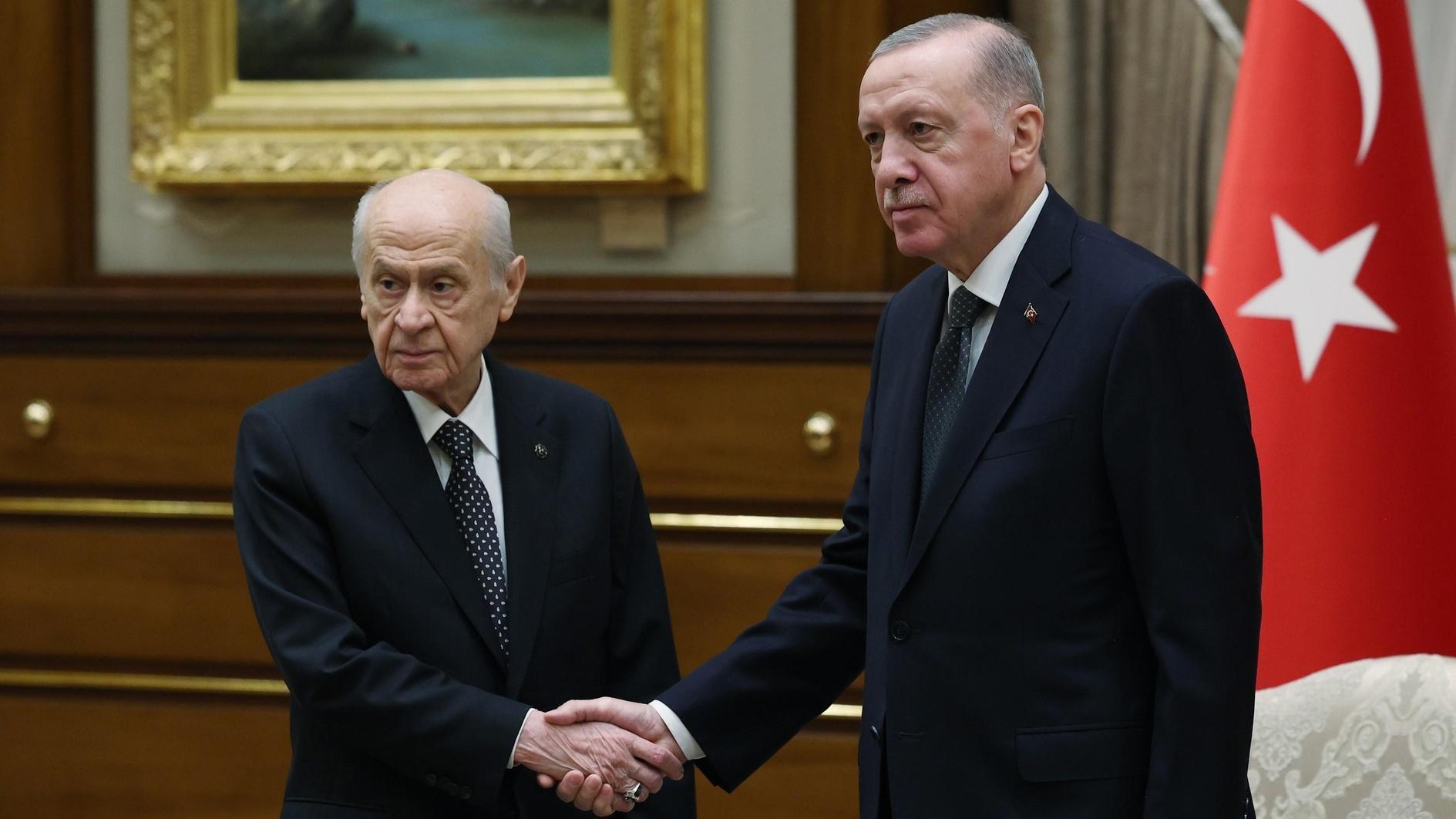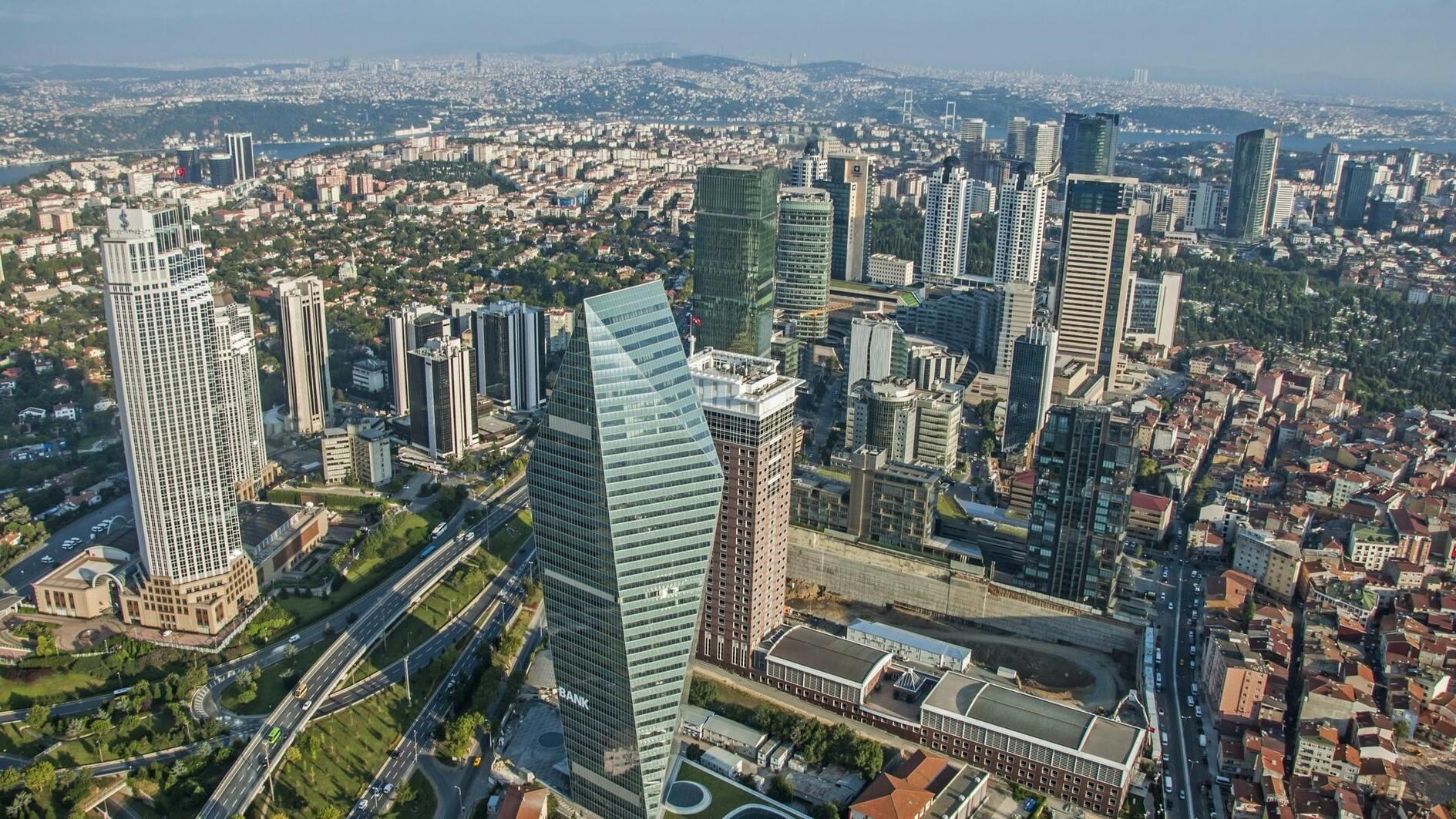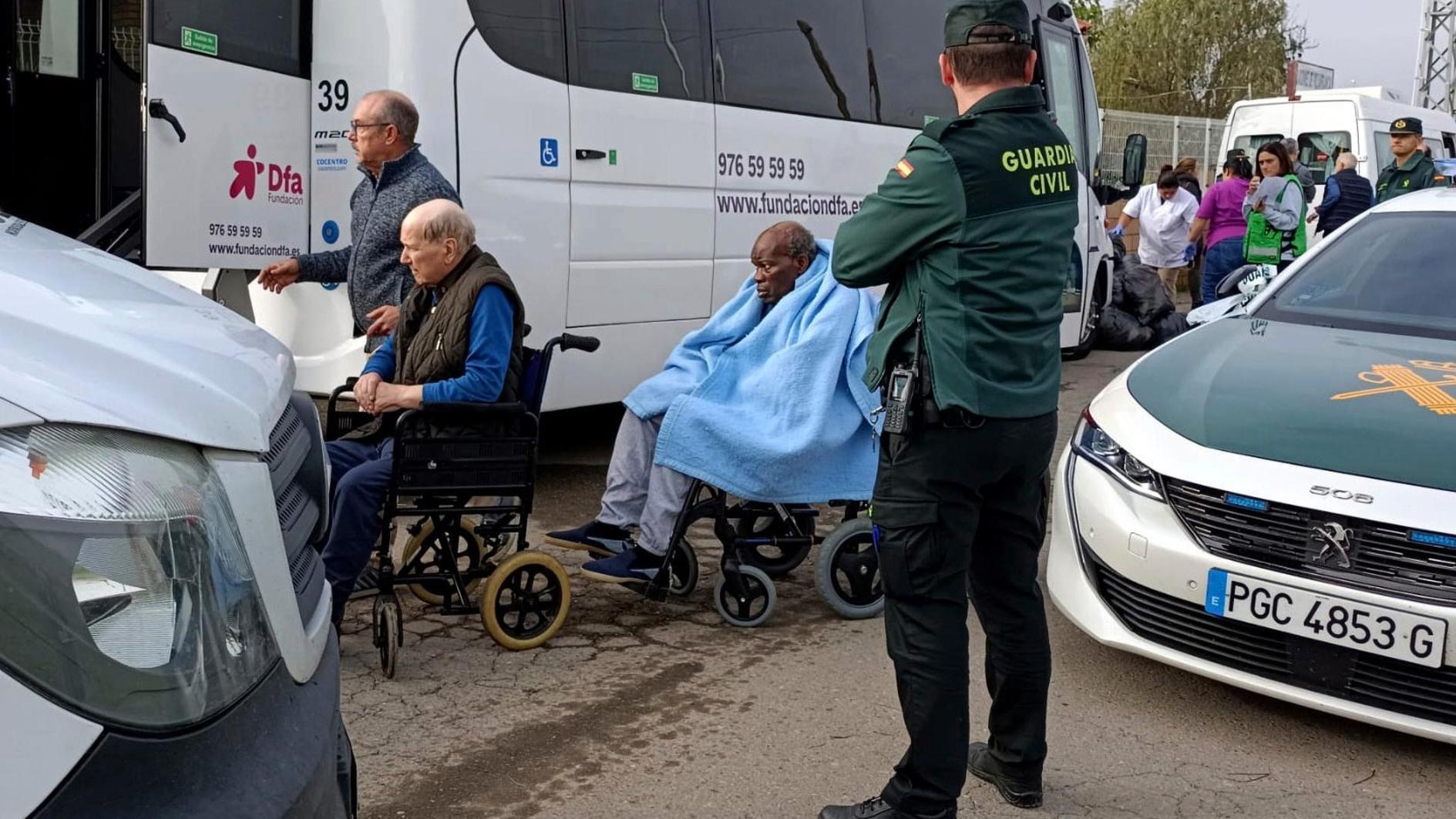Turkish PM calls for system debate over charter
ANKARA

HÜRRİYET photo
Prime Minister Ahmet Davutoğlu insists a shift to a presidential system should be the focus of debates on a new charter, despite the unwillingness of the opposition parties.“Why should we not discuss presidential or parliamentary systems in all dimensions? Why should everybody not discuss this issue beyond today’s conditions?” Davutoğlu asked in his weekly address to his ruling party’s parliamentary group Jan. 5.
As envisaged by government officials, all three opposition parties expressed their objection to the adoption of a presidential system and proposed instead to correct malfunctioning and weaker parts of the existing parliamentary system.
“Let’s not reject any idea beforehand. What makes a system authoritarian is not its model but its implementation. I believe we can find the best option in common sense,” he added.
Davutoğlu said the spirit of the new constitution should prioritize individuals, human rights and human dignity and its skeleton should be shaped in a way to best highlight these principles. “When I talk about the skeleton, I refer to the political system envisaged by the constitution. A constitution based on a libertarian and democratic soul should therefore better discuss and resolve the issue on the political system,” he stressed.
No one can argue the parliamentary system functioned in the most perfect way in the last 140 years, Davutoğlu said, explaining they were considering the presidential system as the best recipe for the resolution of Turkey’s existing problems.
Following intense deliberations with two opposition party leaders, Davutoğlu will visit Parliament Speaker İsmail Kahraman to inform him of the agreement struck between three political parties and call on him to launch a process for the establishment of an inter-party commission with the task of writing Turkey’s first civilian constitution.
“I will meet our parliament speaker to inform him about my meetings with [two opposition party] leaders over the new constitution and will request him to lead the next phase of the process under parliament’s roof. The ball is in parliament’s court after this agreement and the necessary environment has been made for the establishment of a commission to start to work under the skillful leadership of our parliament speaker,” Davutoğlu said.
“There will surely be different opinions but what is important is to watch over the interest of Turkey.”
Davutoğlu met with Republican People’s Party (CHP) leader Kemal Kılıçdaroğlu on Dec. 30, 2015, and Nationalist Movement Party (MHP) leader Devlet Bahçeli on Jan. 4 to seek common ground for the amendment of the junta-made charter as well as the adoption of a presidential system.
Davutoğlu said the talks produced agreements on three issues: The renewal of the constitution, changing the internal regulation of parliament and swift legislation of EU-related laws. Drawing attention to the fact that all political parties agreed on the need for a new constitution, Davutoğlu said, “We will therefore be insistent in creating a ground with the largest consensus.”
Road map for new charter
While all eyes have turned to the meeting between Davutoğlu and Kahraman, ruling Justice and Development Party (AKP) officials have already begun work on a road map outlining the modalities of the commission to be set by all political parties represented in parliament, including the Peoples’ Democratic Party (HDP).
The commission was planned to be composed of members from all four parties equally, just as it was during previous legislative terms, but the discussion was on whether it should take decisions unanimously or with a majority vote. The mandate of the commission was not expected to be open-ended and was planned to be restricted by six to eight months. As the former parliamentary conciliation commission agreed on 60 articles, the next panel will begin to work on the 61st article in an effort to hasten the process.
For the ruling party officials, the two main challenges before the commission will be defining citizenship and the adoption of the presidential system.
















